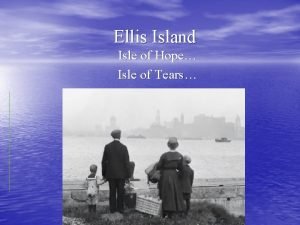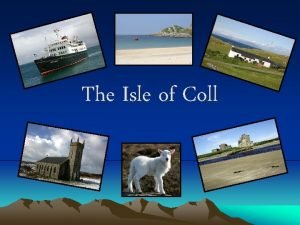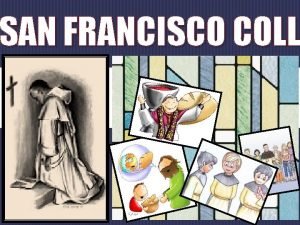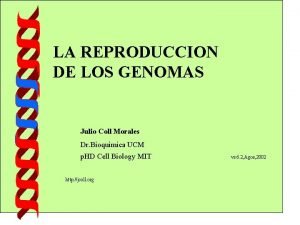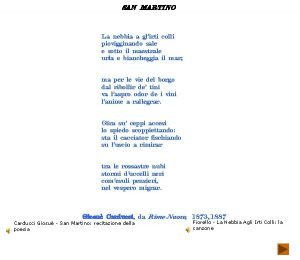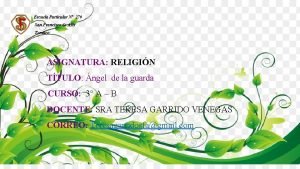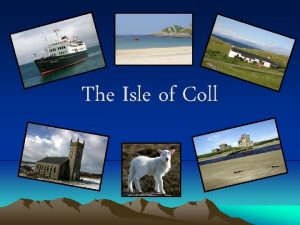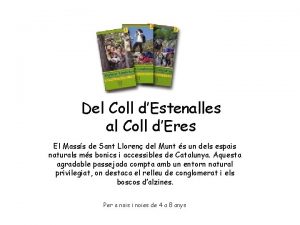Where Is the Isle of Coll The Isle









- Slides: 9


Where Is the Isle of Coll? The Isle of Coll is in the Argyll and Bute area of north west Scotland. It belongs to a group of islands called the Hebrides. Coll is part of the Inner Hebrides. The author Mairi Hedderwick used to live on the Isle of Coll. Living there inspired her to write stories for children. She used her experiences to help her to create a fictional island for her stories called The Isle of Struay.

How Can You Get to Coll? There are two main ways to get to Coll. 1 You can get a ferry from Oban, which takes around 2 hours and 45 minutes. In the summer, there is one ferry every day. The ferry has a car deck at the bottom of the boat so people can take their cars on and off the island. The ferry travels up the Sound of Mull and out into the Atlantic Ocean before reaching Coll. In the winter, there is a ferry only 5 days a week.

How Can You Get to Coll? 2 Coll has a very small airport. You can take a flight to Coll from Connel Airport, just outside of Oban. The flight often lands in neighbouring island of Tiree first. The flight takes around an hour. If you’re lucky enough to fly directly to Coll, it takes around 30 minutes. The airplane is very small and takes only 8 passengers. There is no cockpit. The views are incredible as you travel over other islands. You can talk to the pilot and see straight out of the front window!

What Is There on Coll? Around 180 people live there at the moment (2019). Coll has two shops for food and household goods. There is also Post Office, a second hand shop (called Recy. Coll) and a craft shop called The Art Den. There is a community centre called An Cridhe (pronounced An Creeha) There is a very small airport, a ferry terminal and a helipad. It has 23 beaches. There is one village called Arinagour. Coll has a doctor’s surgery with an ambulance, a fire station and fire engine. Coll has two castles. The Breachacha Castles

What about School? Coll has a very small Primary School, with one Head Teacher and two part -time teachers. It takes pupils from 3 years old in Pre 5, up to Primary 7 age. From August 2019, there are 8 pupils in one class. Pupils have a small playground a field to use for breaks. The school has two large rooms. One is used as a classroom. The other is used as a Pre 5 room. The Pre 5 room is also where pupils and staff have lunch. For secondary school, pupils fly to Oban on a Sunday afternoon and live in a hostel through the week. They have staff available 24 hours a day to make sure that they are happy and safe. They get home for one or two nights at the weekend, depending on the season.

What If There Is an Emergency? If you fall in Coll, there is a doctor who is available 24 hours a day, 365 days a year. Volunteers drive the small ambulance, if it is needed. If someone needs to go to hospital, then the doctor arranges for an Air Ambulance helicopter to take the person off the island. The helicopter lands at the helipad in Arinagour or in a suitable closer field, if possible. If there is a fire, Coll has a volunteer fire brigade and a small fire engine. Coll has a volunteer Coastguard. Coll has no police station. There are police in Mull or Tiree if they are needed.

What Are Some Facts about Coll? It is 13 miles long by 3 miles wide and its outline looks a little like a fish. Coll used to be ruled by Vikings and a number of settlements have been found. Coll didn’t have any electricity until the 1970 s. Before there were car ferries, cars going to and from the island used to be lifted off the island using a small crane and lowered onto a boat. At its peak, Coll had 1500 people living there. This was halved during the Highland Clearances and families went to Australia, Canada and South Africa. In 2018, Coll had its first ‘Homecoming’ where people connected to Coll were invited to visit from all over the world.

